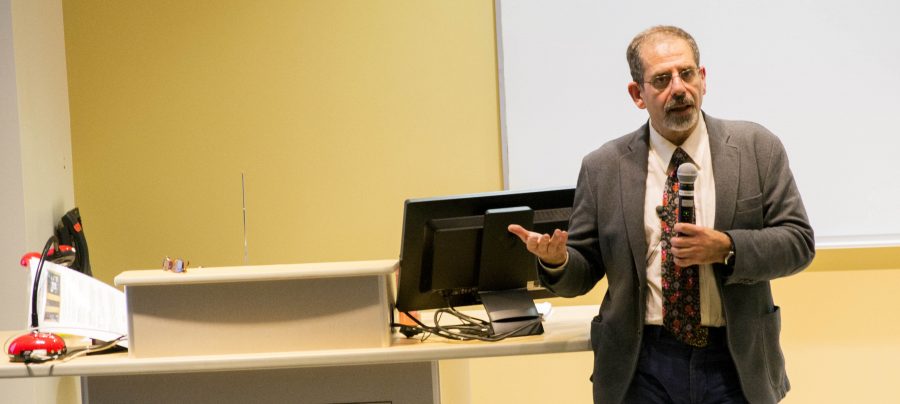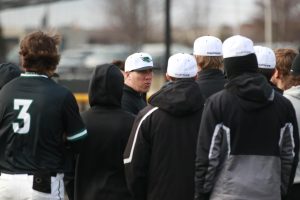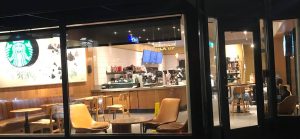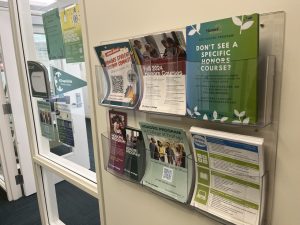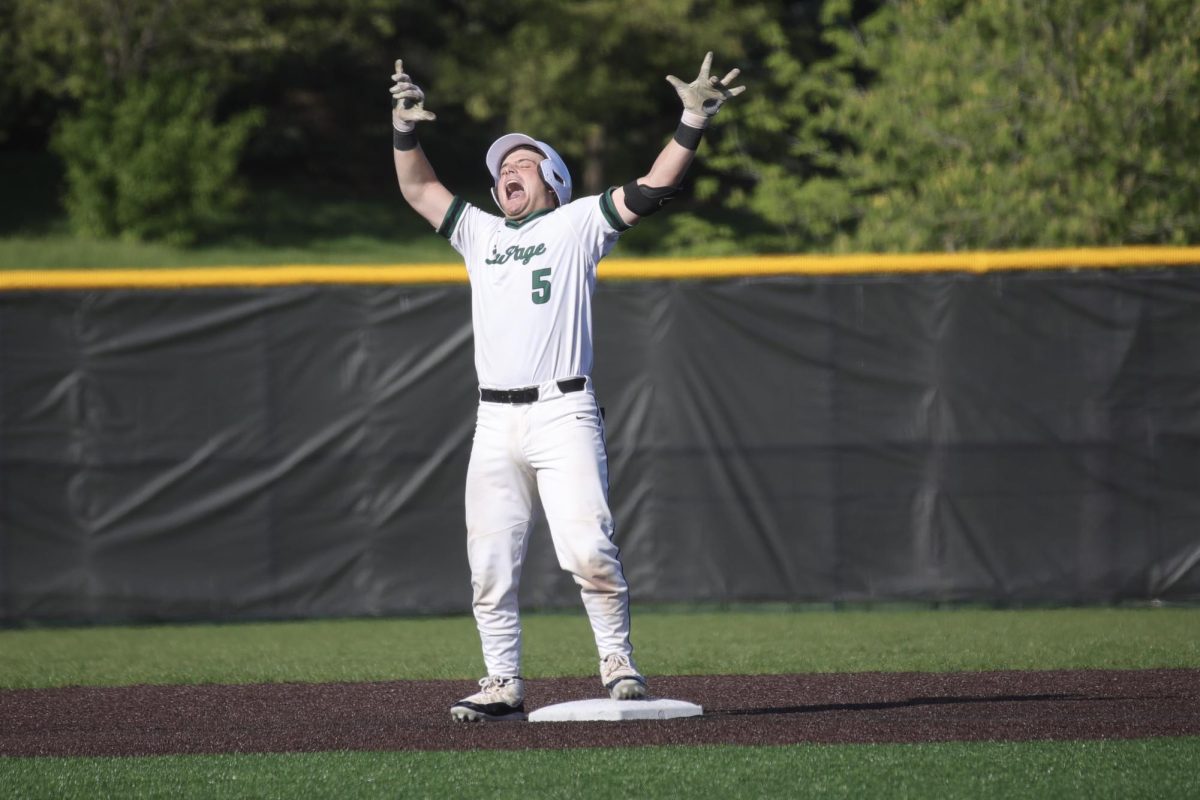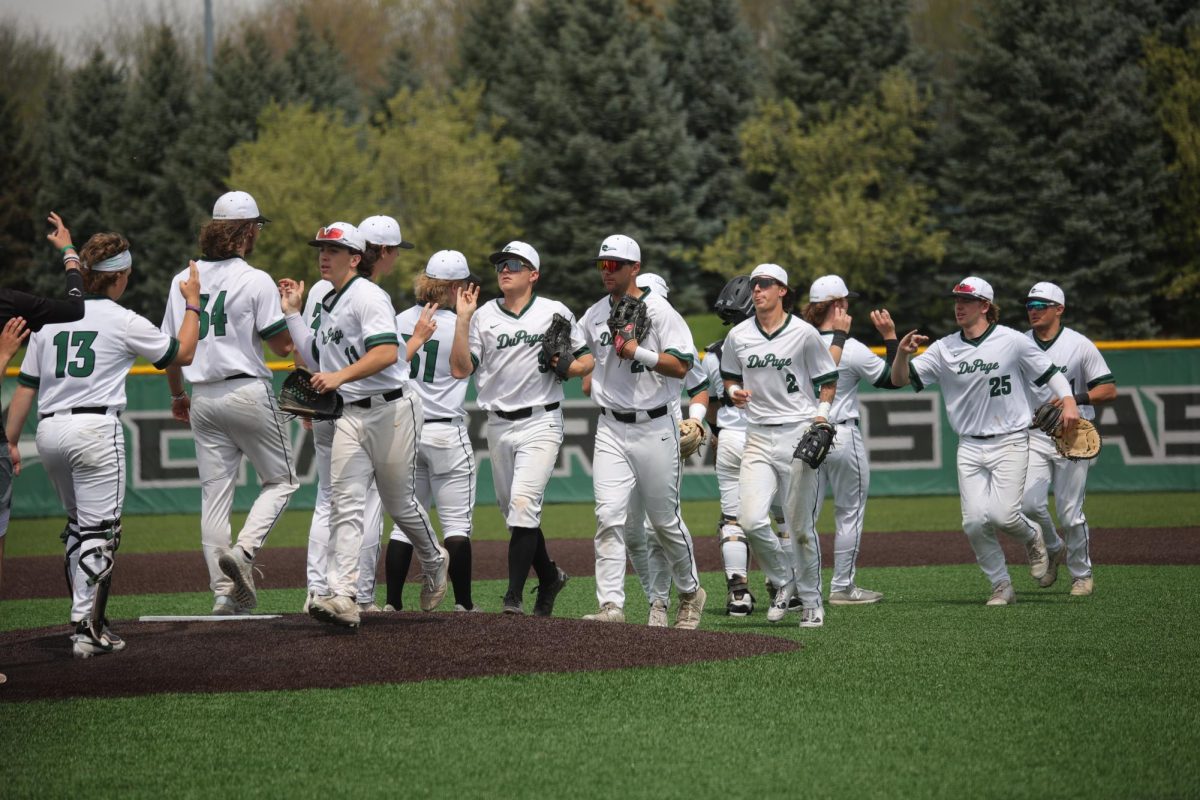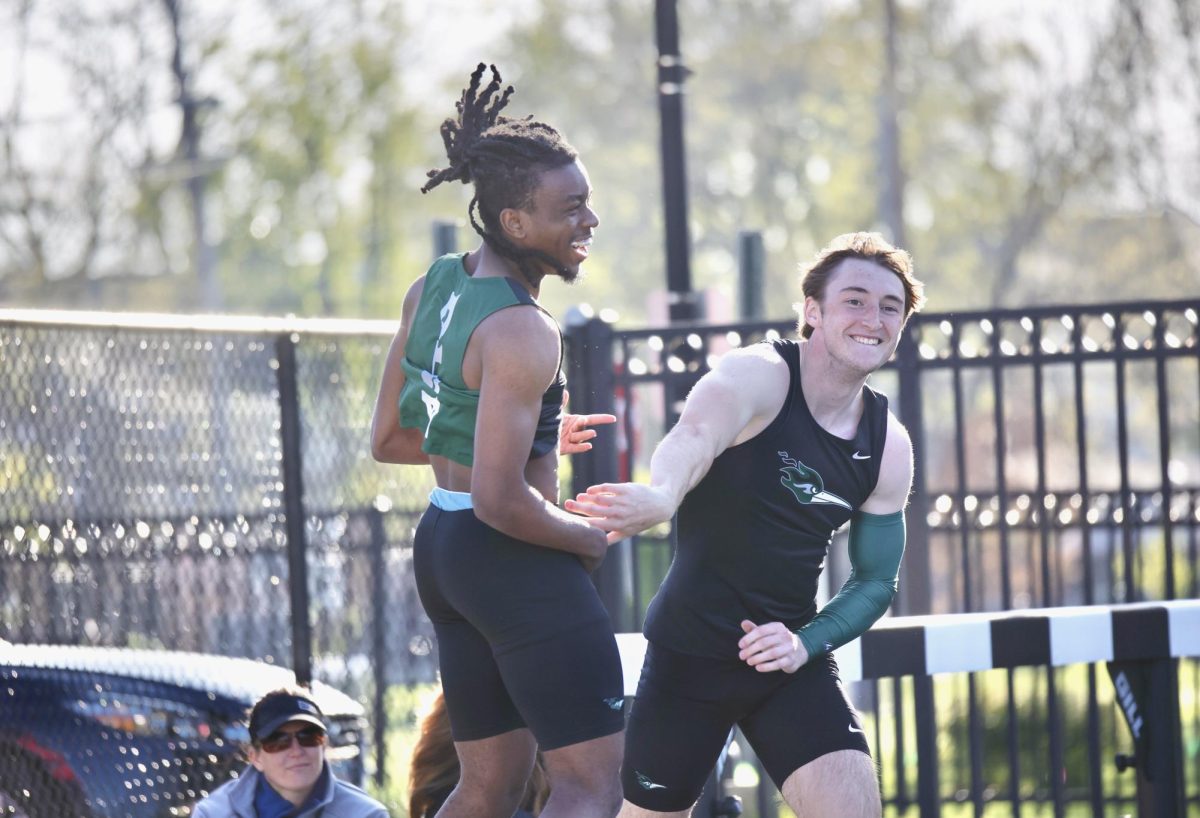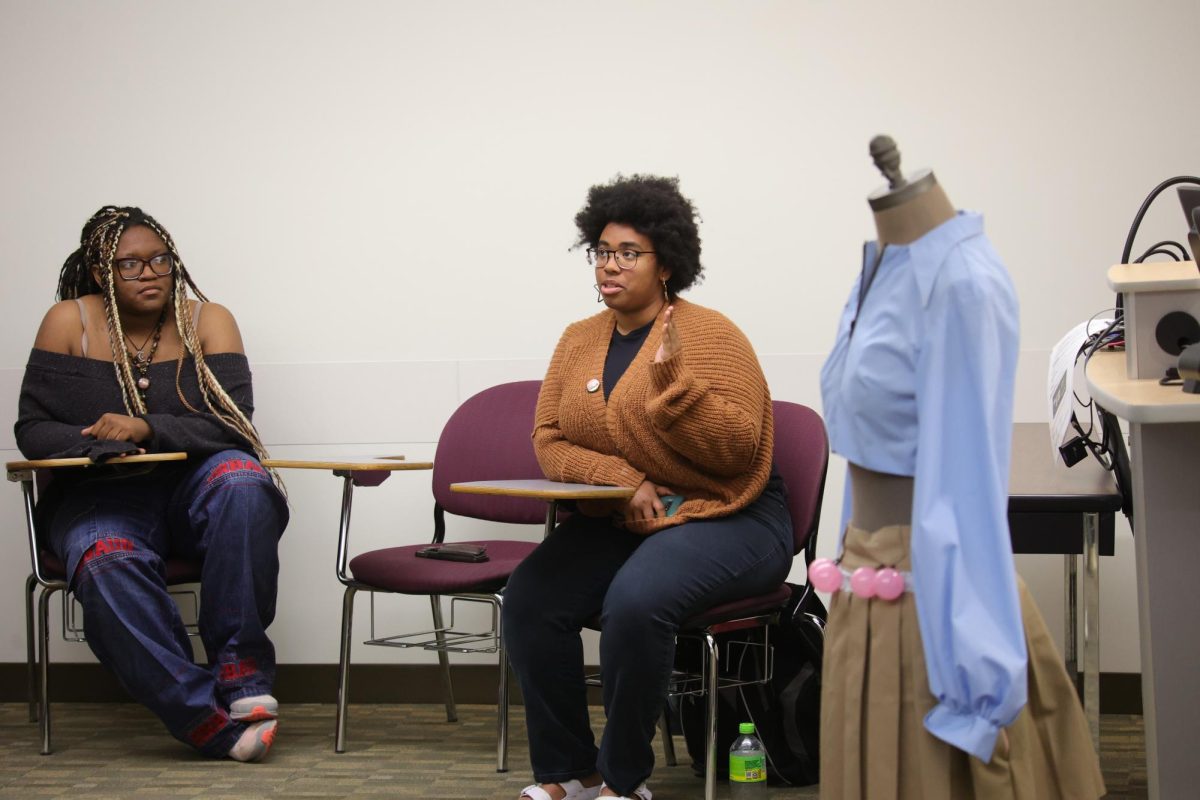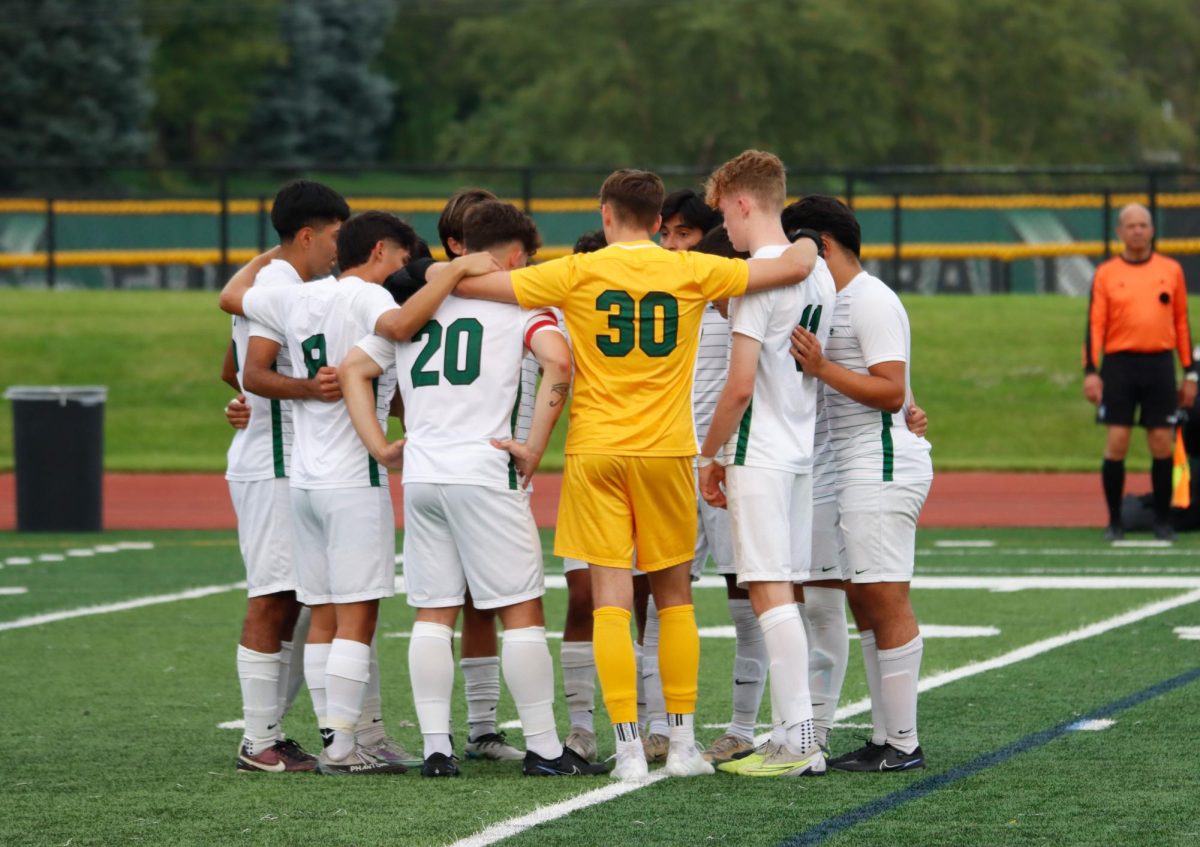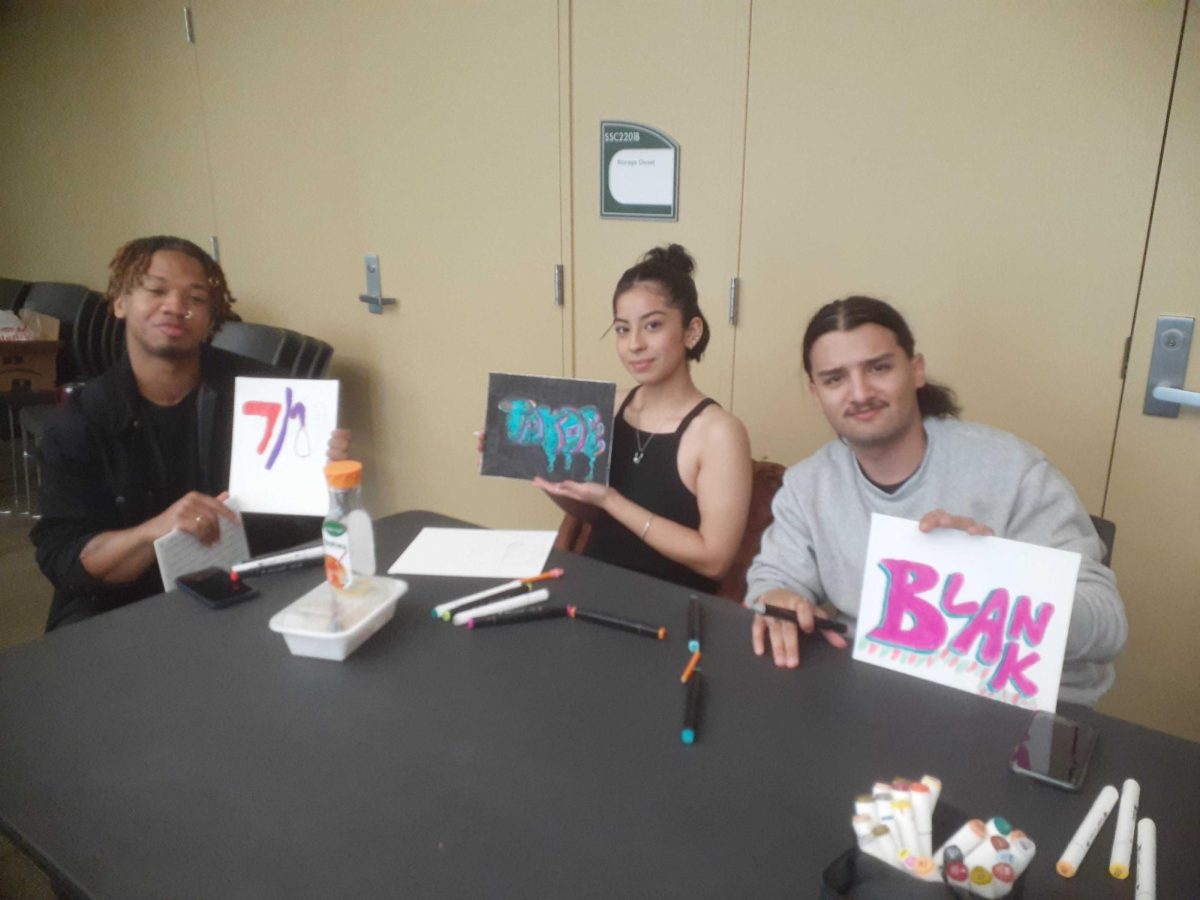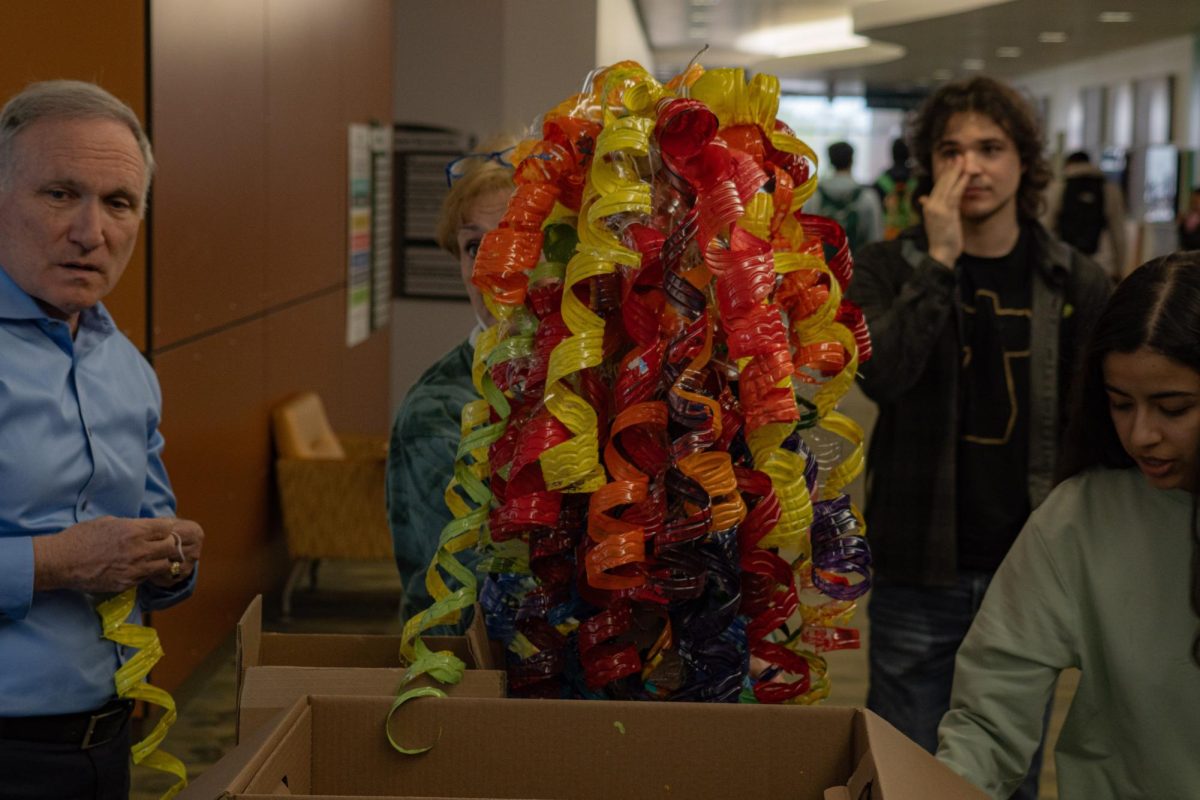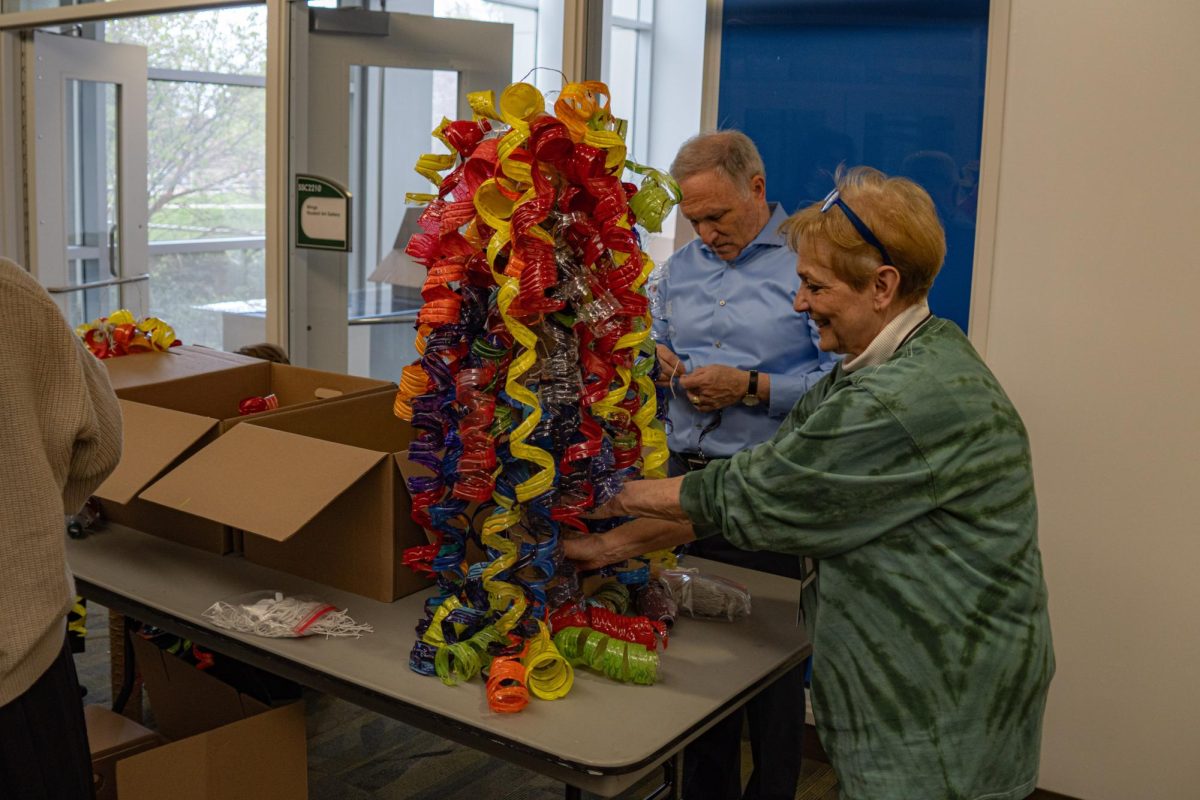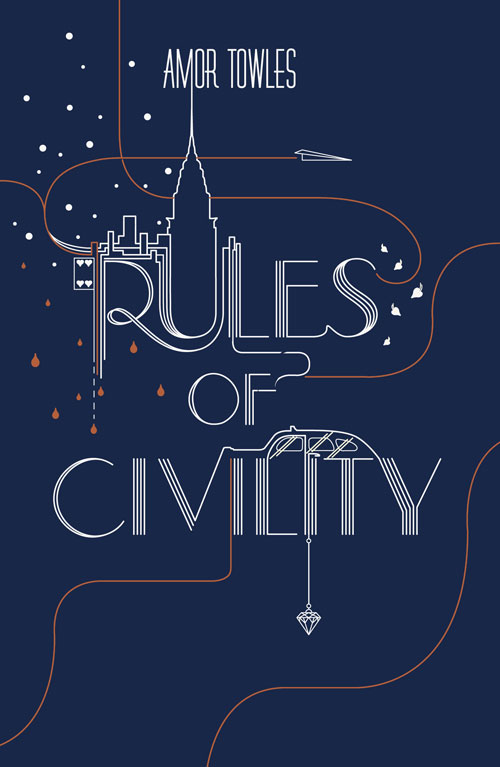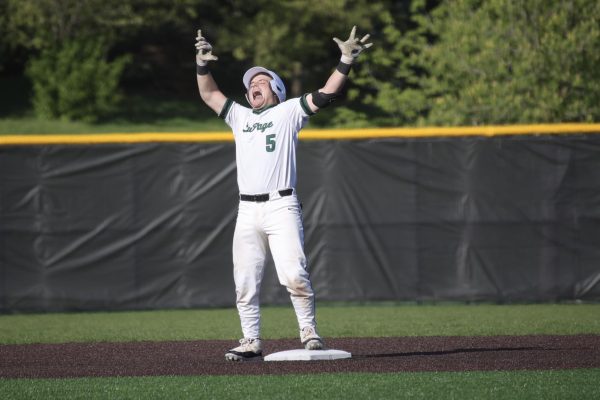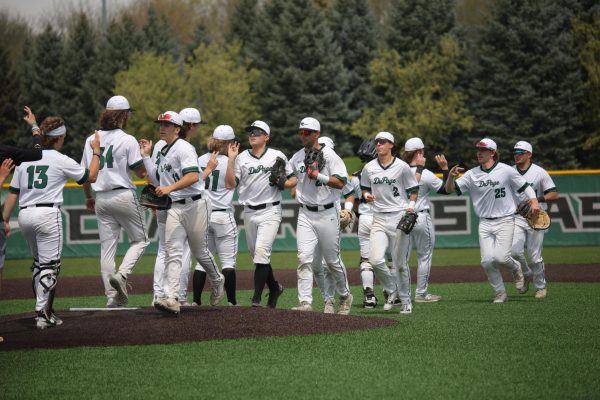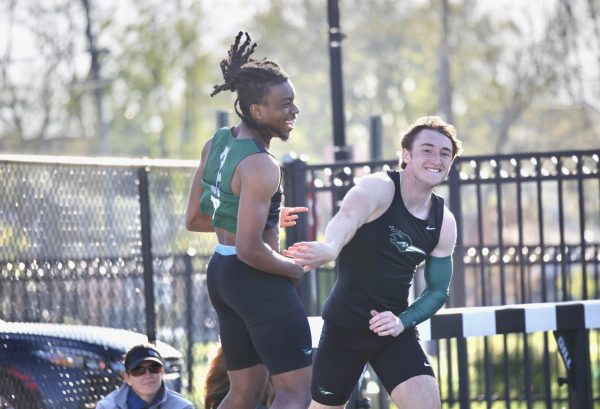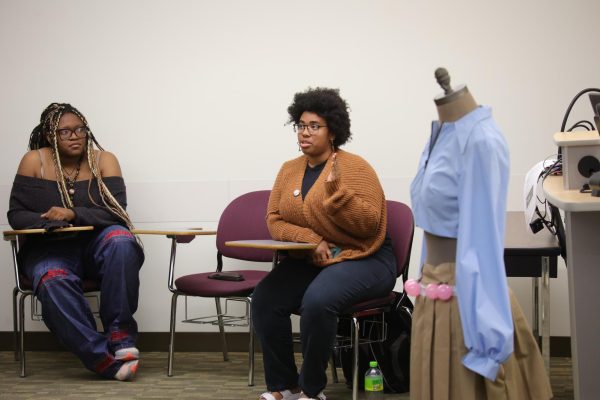“Politics.”- DePaul professor answers to Turmoil in the Middle East
October 27, 2016
Democrats have refused to brand atrocities carried out against Americans home and abroad by Donald Trump’s coined terms “Radical Islamic Terrorism.” This was a talking point DePaul professor Kaveh Ehsani took when he spoke about turmoil in the Middle East to students, professors and community members who gathered at the College of DuPage Thursday. He even called for a non-military solution to solving chaos created by terrorism.
He argued that the term “Islamic” shouldn’t be used since it can create a feeling that anyone who practices Islam is a problem. He challenged the audience when he drew an analogy between terrorism and the Western coalition’s attempts to defeat and eradicate rebels in the region. He implied that a solution to terror like this creates terror in one way or the other.
Ehsani said the term “radical” suggests that people don’t accept the ordinary norms by challenging existing rules when necessary. He even described the United States’ civil rights movement as a radical movement.
“Some radicalism may be good,” Ehsani said. “The problem is what the content of this radicalism is. It is not the politics that defines this term; it is basically what people want,” said Ehsani. “Is religion the problem?”
“And so are the bombardment of defenseless cities and hospitals and centers of population that the United States, NATO, Saudi Arabia, Israel, have been carrying out with impunity because they are seen, portrayed and framed as strikes against military targets,” added Ehsani. “Military intervention shouldn’t be the last solution. No state or political actor should resort to military violence or any kind of violence. It doesn’t matter where you are, the effects of the terror are still there. The person attacking could be nice or sociopathic, but it affects all the same.”
At the end of the day, he wanted students to understand the conflict in the region is about politics, not sectarianism or religion. “It is about who has power. The Islamic State is about power, a political movement that hasn’t recognized existing borders. The politics is all about eradicating those borders,” said Ehsani. He feels eradicating borders like the one between Syria and Iraq could be the first step to solving tension.
Ehsani is an assistant professor of International studies, and director of graduate studies at DePaul University in Chicago. He also serves as a member of the editorial board of Tehran’s Goftogu, the Middle East Report and, more recently, of Iranian Studies.
The Middle East Committee hopes a discussion like this will prove valuable to students and community members as they were able to get a firsthand feel of what is going on rather than overdependence on news sources.
“Since there was foreign dominance or interference in that area and their culture for so long, it was inevitable that at one point the people would want to resist,” said Barbel Thoens-Masghati, one of the committee’s members.
“We do not see that side over here, and we are dependent on our news sources to keep us up to date, but they most often do not provide the historical background that led up to today´s events. I hope that the students can better understand the plight of so many innocent people over there and how they are being pressured and murdered by forces and governments out of their own control.”
This discussion was organized by the Middle East Committee here at the College of DuPage (COD). The committee’s main focus is to enlighten the college community about circumstances pertinent to the Middle East area. Mohammad Morovati, a faculty member with the Computer Information Department chairs this committee.

